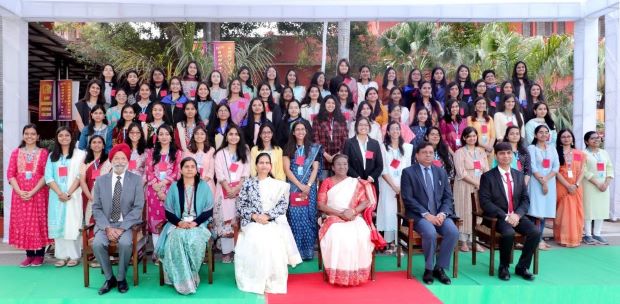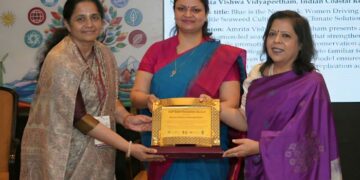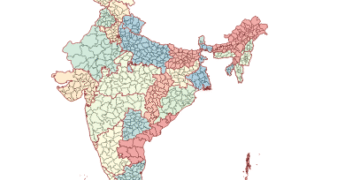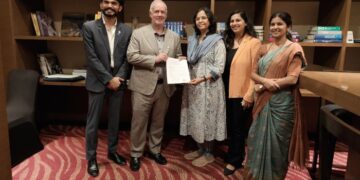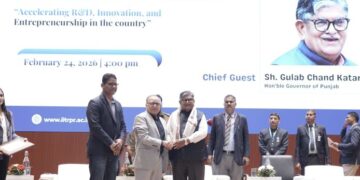Lady Hardinge Medical College (LHMC) in Delhi will be starting new courses, departments, and facilitie. The College Director, Subhas Giri, gave this information during the 107th annual day and convocation ceremony in which President Droupadi Murmu was the chief guest at the event on Feb 28.
President Murmu praised the medical college for its 107-year journey in providing quality medical education and commended its recent infrastructure expansion. She emphasized the nation’s critical need for more medical professionals to improve the doctor-to-population ratio beyond World Health Organization (WHO) recommendations.
The president encouraged the graduating doctors to explore emerging fields in the medical sector such as robotics, genomics, organ transplantation, and advanced cancer treatment approaches. She also highlighted the importance of upholding ethical values and integrating a “one health” approach to healthcare.
New Courses, Super-Specialty Departments at LHMC
Sharing the institute’s recent developments and vision for the future, Giri said that, “There are plans for construction of an 800-bedded hospital, MCH block, and super-speciality departments like Endocrinology, Cardiology, Nephrology, and more.”
“The institute aims to start new courses and establish modern facilities, such as a stem cell therapy centre and radio-oncology services, to meet evolving healthcare needs,” he added.
Last year, LHMC witnessed advancements including the addition of a new IPD block with increased bed capacity in key departments. A new central lab and 24×7 radiology services have been established, enhancing patient care and diagnostics.
“The institute’s commitment to quality care was evident during national events and calamities, where it extended healthcare services, demonstrating its role as a leader in the field,” the medical college said in an official statement.
The LHMC convocation ceremony also featured remarks by Bharati Pravin Pawar, Minister of State (MoS) for Health and Family Welfare and Tribal Affairs. Pawar congratulated the students and highlighted the crucial role played by them in strengthening healthcare delivery through national programmes.


